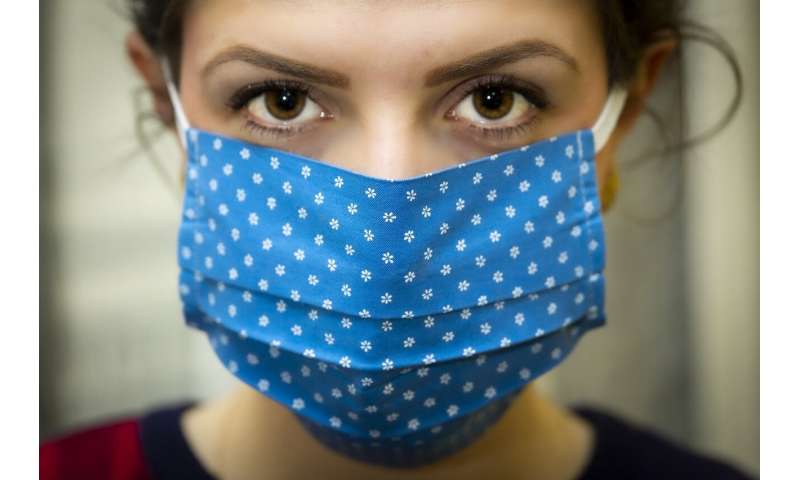
Results from a new Cleveland Clinic-led study suggest that melatonin, a hormone that regulates the sleep-wake cycle and is commonly used as an over-the-counter sleep aid, may be a viable treatment option for COVID-19.
As COVID-19 continues to spread throughout the world, particularly with cases rising during what some have termed the “fall surge,” repurposing drugs already approved by the U.S. Food and Drug Administration for new therapeutic purposes continues to be the most efficient and cost-effective approach to treat or prevent the disease. According to the findings published today in PLOS Biology, a novel artificial intelligence platform developed by Lerner Research Institute researchers to identify possible drugs for COVID-19 repurposing has revealed melatonin as a promising candidate.
Analysis of patient data from Cleveland Clinic’s COVID-19 registry also revealed that melatonin usage was associated with a nearly 30 percent reduced likelihood of testing positive for SARS-CoV-2 (the virus that causes COVID-19) after adjusting for age, race, smoking history and various disease comorbidities. Notably, the reduced likelihood of testing positive for the virus increased from 30 to 52 percent for African Americans when adjusted for the same variables.
“It is very important to note these findings do not suggest people should start to take melatonin without consulting their physician,” said Feixiong Cheng, Ph.D., assistant staff in Cleveland Clinic’s Genomic Medicine Institute and lead author on the study. “Large-scale observational studies and randomized controlled trials are critical to validate the clinical benefit of melatonin for patients with COVID-19, but we are excited about the associations put forth in this study and the opportunity to further explore them.”
Here, the researchers harnessed network medicine methodologies and large-scale electronic health records from Cleveland Clinic patients to identify clinical manifestations and pathologies common between COVID-19 and other diseases. Specifically, they measured the proximity between host genes/proteins and those well-associated with 64 other diseases across several disease categories (malignant cancer and autoimmune, cardiovascular, metabolic, neurological and pulmonary diseases), where closer proximity indicates a higher likelihood of pathological associations between the diseases.
They found, for example, that proteins associated with respiratory distress syndrome and sepsis, two main causes of death in patients with severe COVID-19, were highly connected with multiple SARS-CoV-2 proteins. “This signals to us, then,” explained Dr. Cheng, “that a drug already approved to treat these respiratory conditions may have some utility in also treating COVID-19 by acting on those shared biological targets.”
Overall, they determined that autoimmune (e.g., inflammatory bowel disease), pulmonary (e.g., chronic obstructive pulmonary disease and pulmonary fibrosis) and neurological (e.g., depression and attention-deficit hyperactivity disorder) diseases showed significant network proximity to SARS-CoV-2 genes/proteins and identified 34 drugs as repurposing candidates, melatonin chief among them.
Source: Read Full Article
